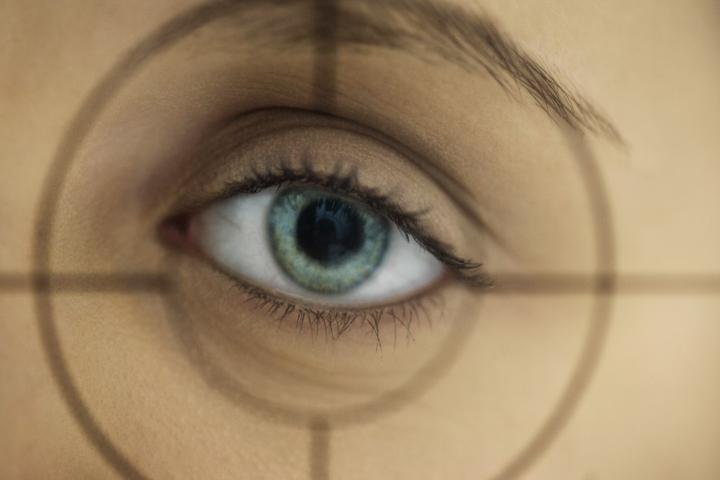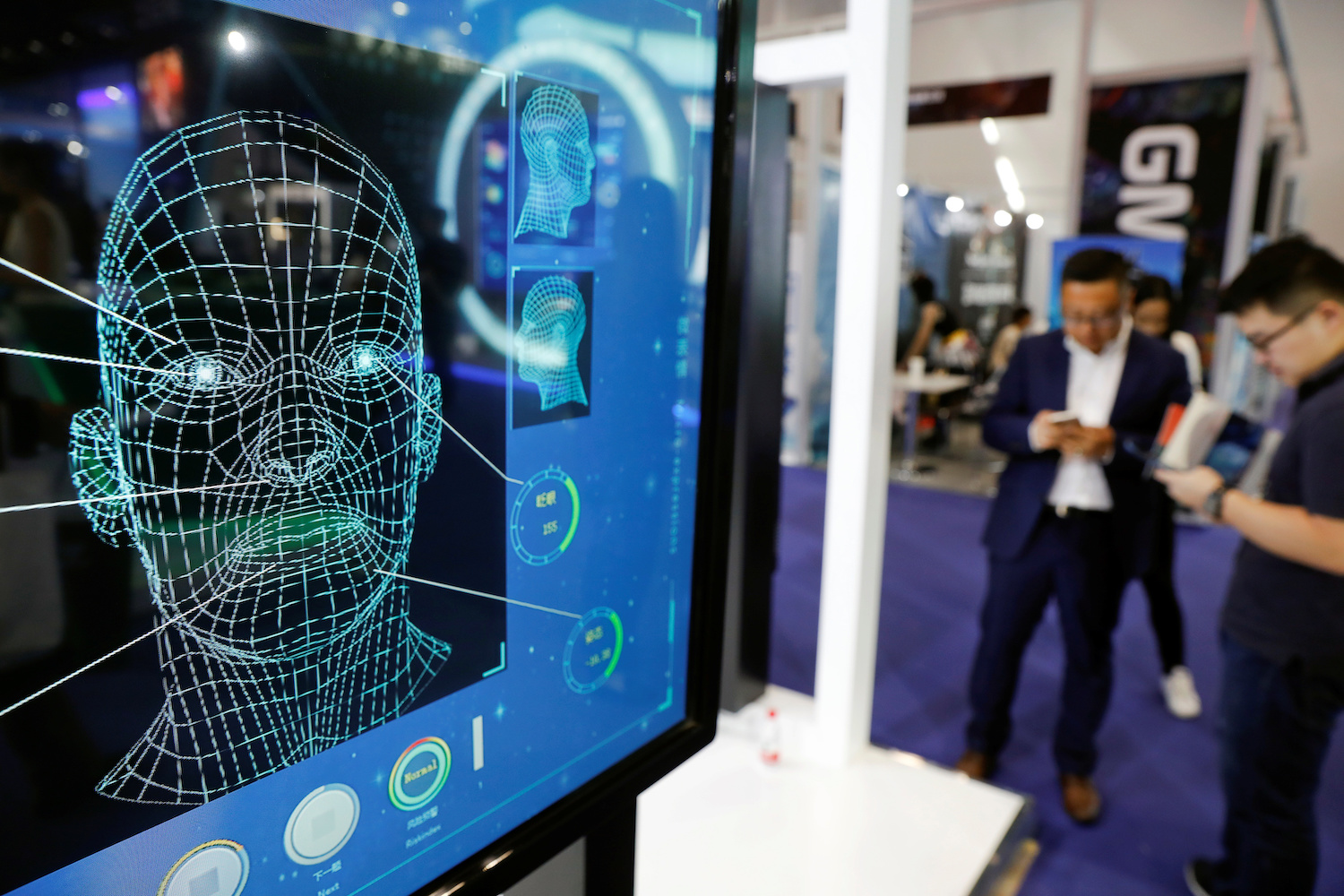(ATF) On October 3 the trending search topic in China was ‘AI face changing’ as criminals have been purchasing internet databases of user profiles that include 400 pieces of facial ‘QR code’ information, which can be used for online shopping, accessing phones, and other things.
Media reports in outlets such as the Commercial Daily allege that old e-commerce platforms sold “facial data” that matches identity information at a price of just 0.5 yuan (74 US cents) a copy. Criminals have been using artificial intelligence technology to “activate” photos so they can be used for online loans or other frauds.
“0.5 yuan can buy your face data doppelganger” sparked heated discussion on Weibo, China’s version of Twitter.
In September last year, the “face-changing” application “ZAO” was popular all over the internet. A person could follow various obligatory sign-offs on data protection, then change their image to a celebrity face or a friend’s face. Ethical risks and concerns about personal privacy have caused controversy in China. In recent years, incidents in which criminals produced fake videos to cheat people out of money and infringe on others’ “portrait rights” have also occurred frequently.
Beijing Internet Court busy with ‘portrait right’ theft
Xinhua News Agency quoted Beijing Internet Court data showing that from Sept 9, 2018 to August 31, 2020, the court accepted a total of 6,284 disputes over the use of the internet to infringe on ‘personality rights’, 65% of which (4,109) were disputes involving online infringement of portrait rights. In disputes about the infringement of portrait rights, about 50.8% were in the form of advertisements, especially the phenomenon of adverts selling celebrity products in online stores.
In addition, according to these statistics, the Beijing Internet Court, in the judgment on a case involving internet infringement of portrait rights, the average amount of damages requested by the plaintiff in each case is nearly 300,000 yuan (US$44,177), but the average amount of damages supported by an actual judgment is less than 50,000 yuan ($7,363). This also literally reduces the cost of illegally infringing on portrait rights. The main reason for this are because the right holders gave insufficient proof of their reputation, insufficient proof of their actual losses and benefits obtained by the guilty party.
The Beijing Youth Daily reported in September last year that some businesses in online shopping malls were selling “face data”, with a database of 170,000 images. The “face data” for sale were portraits of 2,000 people, with about 50 to 100 photos of each. Each photo was accompanied by a data file. In addition to the information of the face position, there are 106 key points of the face, such as the contour information of the eyes, ears, nose, mouth, and eyebrows.
When a reporter contacted individuals whose photos were offered in two of the data packets, they were shocked to hear that their photos and facial data were being sold. They did not authorize anyone or organization to collect their facial data, nor did they allow anyone to sell it. After verification by the online shopping mall, it was confirmed that the facial data sold by the merchant did not comply with the platform’s sales rules and was removed.
Red Star News reporters did not find related products when searching for face data on a number of online platforms today (Oct 5). However, on a second-hand trading platform, there are still people selling a face QR-code recognition program containing a library of 400 people’s faces – and the price is 3 yuan for a one-person package.

Image: Ale Ventura / PhotoAlto via AFP.
‘Beauty hospitals’
It is understood that the national civil code that will be implemented next year clearly states that no organization or individual may infringe on the portrait rights of others, by making them ugly, defaced, or used as a forgery via information technology. On the online referee documents, cases of infringement of portrait rights often happen to celebrities, and most of the companies that do this are beauty hospitals which undertake cosmetic surgery.
Lawyer Wu Yao from Sichuan Discovery Law Firm told Red Star News that since public figures are often active on the internet, it is inevitable that massive photo and video databases will be obtained by people with ulterior motives. In addition to celebrities, many network anchors have have also suffered at the mercy of technical “bad hands.”
In regard to the infringement of portrait rights by ordinary people, lawyer Wu Yao said that reducing the number of “buzz photos” on the internet and avoiding excessive diversification of photo angles and expressions are all good ways for people to protect their rights.
At the same time, if the infringed person has discovered that someone has used AI technology to produce and post a video on the internet that infringe a person’s rights, and it is difficult to contact the publisher, according to the provisions of the Tort Liability Law, the corresponding network service provider can be notified to take necessary measures such as deleting or blocking the video, and disconnection, if the network service provider fails to take the necessary measures in time after receiving notice about the infringement, as it would bear joint liability with the video publisher for enlarged damages.
In addition, lawyer Wu Yao reminded internet users that if anyone discovers that a fake video produced by AI face-changing technology may have infringed someone’s rights or been involved in a crime, people should remember not to forward it at will. According to relevant judicial interpretations, hiring, organizing, instigating or helping others to publish or forward network information infringes on the personal rights of others, and the infringed party often requests that a perpetrator bear joint liability in the People’s Court.























